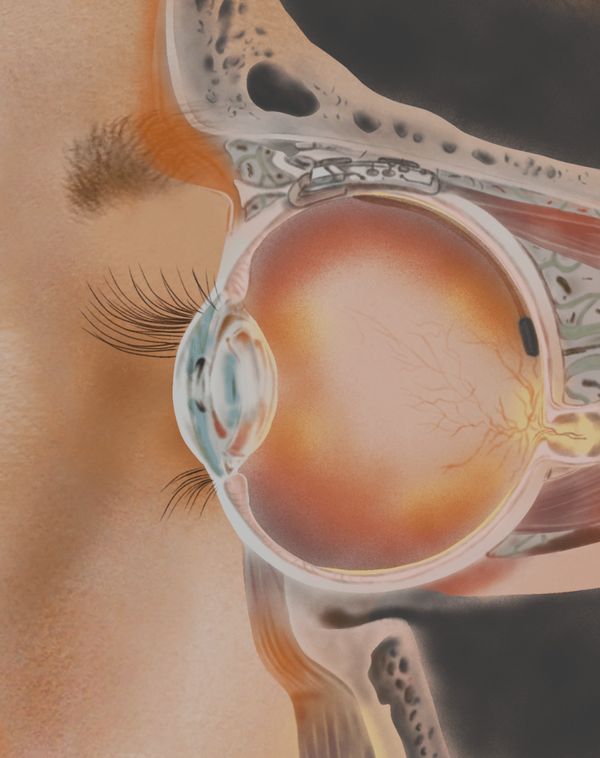We’re excited to announce that Science has acquired MEMSCAP’s US assets, and specifically their MEMS foundry facility and team in Research Triangle Park, North Carolina.
We’ve long been believers in the importance of vertical integration whenever possible. The sophistication of the devices we can make is directly limited by the tools we can access, and there’s nothing like walking down the hall for iteration speed. In practice, it’s tough to innovate as a novel low volume application relying only on pre-existing commercially available processes, and where that does happen, the advantages tend to accrue to the large incumbents.
On the other hand, tools are (very, very) expensive and require high utilization to justify owning. Given the intersection of these pressures, we early on came to the idea of building sophisticated in-house MEMS capabilities with an intention of externalizing them as a commercial platform for a limited group of like-minded customers. There is a gap in the market at the low-volume, high-complexity, rapid-iteration end, which has held back progress in advanced medical devices.
Despite this ambition and our strong balance sheet, being able to afford a full manufacturing capability on our own wasn’t a given. Over the past year we've taken steps towards this at our site in the San Francisco Bay Area with a range of deposition, etch, lithography and characterization capabilities, but we were still dependent on outside facilities for our overall processing.
Given changes in the macroeconomic environment over the past few years, we had been keeping our ears to the ground, on the lookout for interesting deals with a Science-shaped opening into which we might fit. And as it happened, we were lucky to find one with MEMSCAP.
MEMSCAP was an early innovator in the MEMS space, and in 2001 was the first pure-play MEMS foundry to go public. Founded in 1997, MEMSCAP acquired their US foundry business in 2002 from JDS Uniphase, which itself had acquired the site for approximately $750M from Cronos Integrated Microsystems shortly prior. Since then, they’ve successfully run one of the most popular MEMS multi-project wafer (MPW) shuttles, MUMPS, as well as manufactured products for a range of industries. MEMSCAP’s facility is currently ISO 9001:2015 certified and we plan to configure it to support FDA Good Manufacturing Practice (cGMP) production.
We were introduced to MEMSCAP by a collaborator who was working with them on a novel technology we had taken an interest in at Science. When we poked at how we might be able to accelerate that project, we discovered that MEMSCAP’s ownership was already looking at becoming fabless, as a better fit for their ambitions for the shape of their core business going forward. As part of that, Science has also agreed to a Strategic Supply Agreement whereby Science will continue to manufacture and sell a critical optical networking chip to MEMSCAP for use in their own optical telecommunications business.
Beyond medical devices, we look forward to Science’s emergent wafer services capabilities having an impact on advanced applications in aerospace, defense, quantum computing, and optical telecommunications, among others.
We need to take a moment to integrate MEMSCAP's team and facility with the rest of our company, but once we have our feet under us, we will resume offering MUMPS shuttle runs in the spring, rebranded as Science Wafer Services MPW technologies. Christine Schmid, a 17-year MEMSCAP veteran, is staying on and will lead our new North Carolina site as General Manager.
If you think your project could be a good fit for our capabilities, feel free to get in touch at foundry@science.xyz, or sign up for our mailing list to keep up to date on our progress.






